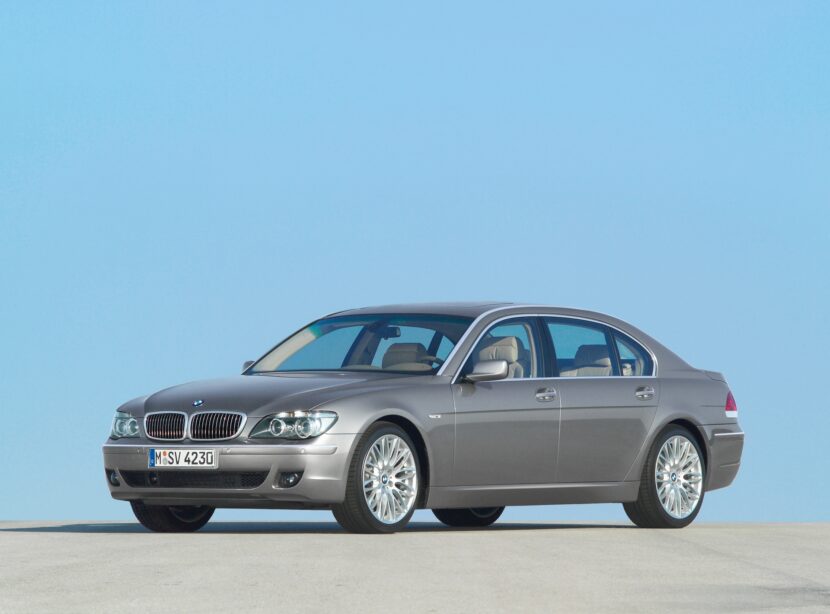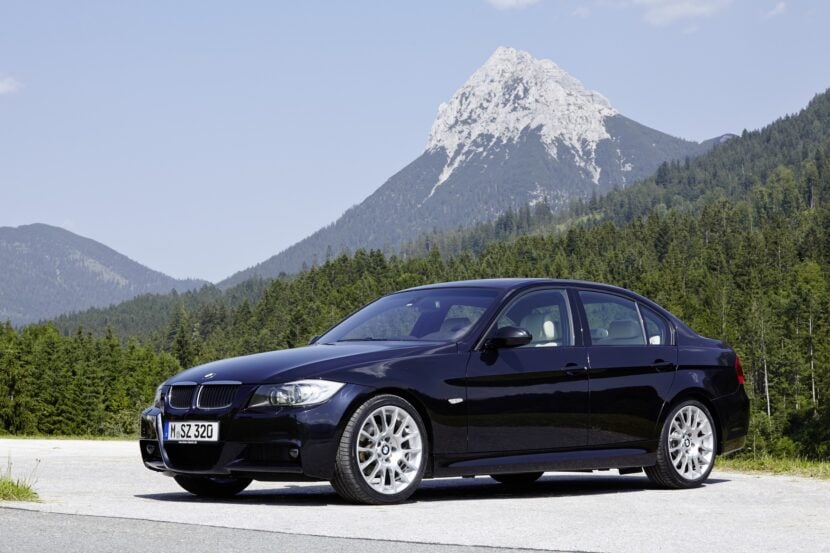BMW has built a global reputation on precision engineering, athletic handling, and cutting-edge tech—but sometimes, pushing boundaries comes at a cost. Not every BMW hits the mark for long-term reliability. In fact, a few models have earned a notorious reputation for leaving owners stranded (and broke) thanks to overcomplicated designs or undercooked tech. Here are five BMWs that, despite their performance potential or luxury appeal, are best approached with caution—or a solid BMW extended warranty.
1. BMW 550i (F10, 2011–2013) — Engine: 4.4L Twin-Turbo V8 (N63B44O0)
On paper, the F10 550i looked like a winner: sleek, refined, and packing 400+ horsepower. But under the hood lurked the infamous first-gen N63 engine—a twin-turbo V8 with a habit of devouring its own internals.
Real-world headaches include:
- Timing chain stretch (yes, even below 60k miles)
- Valve stem seal failure (hello, smoke show at startup)
- Turbo heat soak cooking nearby components
- Constant oil consumption, even after repairs
- Misfires, injector failures, and battery drain issues
BMW eventually launched a “Customer Care Package” that replaced timing chains, valve seals, and other problem areas. But even after the fix, many owners report recurring issues. It’s a shame, because when it runs right, it’s a phenomenal car—but the odds aren’t in your favor.
2. BMW 745i / 750i (E65/E66, 2002–2008) — Engines: N62 V8, N73 V12
The E65 7 Series was BMW’s moonshot sedan—packed with futuristic tech, a radical new design, and the debut of iDrive. Unfortunately, it was also the poster child for “just because you can, doesn’t mean you should.”
Common owner frustrations:
- Glitchy early iDrive system (sometimes requiring full replacement)
- Endless electrical bugs: power windows, door handles, comfort access
- Valve stem seal failures leading to smoke and oil loss
- Transmission faults that arrive earlier than expected
Owners often describe the E65 as a “tech demo that escaped the lab.” It may have helped shape BMW’s future, but it came at the expense of reliability. DIY repairs are nearly impossible, and even BMW dealers struggled with early software bugs.
3. BMW X5 xDrive50i (E70 LCI, 2010–2013) — Engine: 4.4L Twin-Turbo V8 (N63B44O0)
The E70 facelift brought new life to the X5—with more power, more tech, and unfortunately, a familiar disaster under the hood: the same problematic N63 engine found in the F10 550i.
Typical problem list:
- Turbocharger failures from excessive under-hood heat
- Timing chain stretch and worn guides
- Air suspension faults and transfer case wear
- Electrical gremlins (cameras, sensors, iDrive freeze-ups)
In a vehicle this heavy, the N63 engine’s flaws are even more exposed. It’s not unusual to hear owners say they spent more on repairs in two years than the truck’s current value.
4. BMW 335i (E90/E92, 2007–2010) — Engine: 3.0L Twin-Turbo I6 (N54)
The E90 335i delivered near-M3 performance with room for tuning. But if you’ve spent any time on BMW forums, you’ll know the N54 engine is a reliability minefield.
Frequent complaints:
- High-pressure fuel pump (HPFP) failures (often multiple times)
- Turbo wastegate rattle and boost loss
- Leaking injectors and carbon buildup on intake valves
- Cooling system components that barely outlast the warranty
Enthusiasts love the N54’s tuning potential—but it’s not a question of if something fails, it’s when. Budget for walnut blasting, injector replacements, and a whole lot of preventive maintenance.
5. BMW M5 (E60, 2006–2010) — Engine: 5.0L V10 (S85)
The E60 M5 is one of the most exciting cars BMW has ever built. With a screaming 8,250 rpm V10 and 500 horsepower, it was a true engineering showcase. Unfortunately, so was the maintenance bill.
Known weak points:
- Rod bearing wear (a ticking time bomb without replacement)
- SMG III gearbox: brilliant when it works, infuriating when it doesn’t
- Throttle actuator failures that trigger limp mode
- VANOS solenoid and oil pressure issues
The S85 engine is essentially a detuned F1 engine with none of the race team support. If you’re not changing the oil religiously, replacing rod bearings proactively, and driving it like you’re on borrowed time—well, you probably are.
Many of the most unreliable BMWs come from eras of rapid innovation. The 550i, E60 M5, and early N63-powered models all offer incredible driving dynamics—but owning one without a deep repair fund (or a second car) can be a recipe for frustration. If you’re considering one of these vehicles, don’t just check the Carfax—check the forums, look for full service records, and make sure the major known issues have already been addressed.






